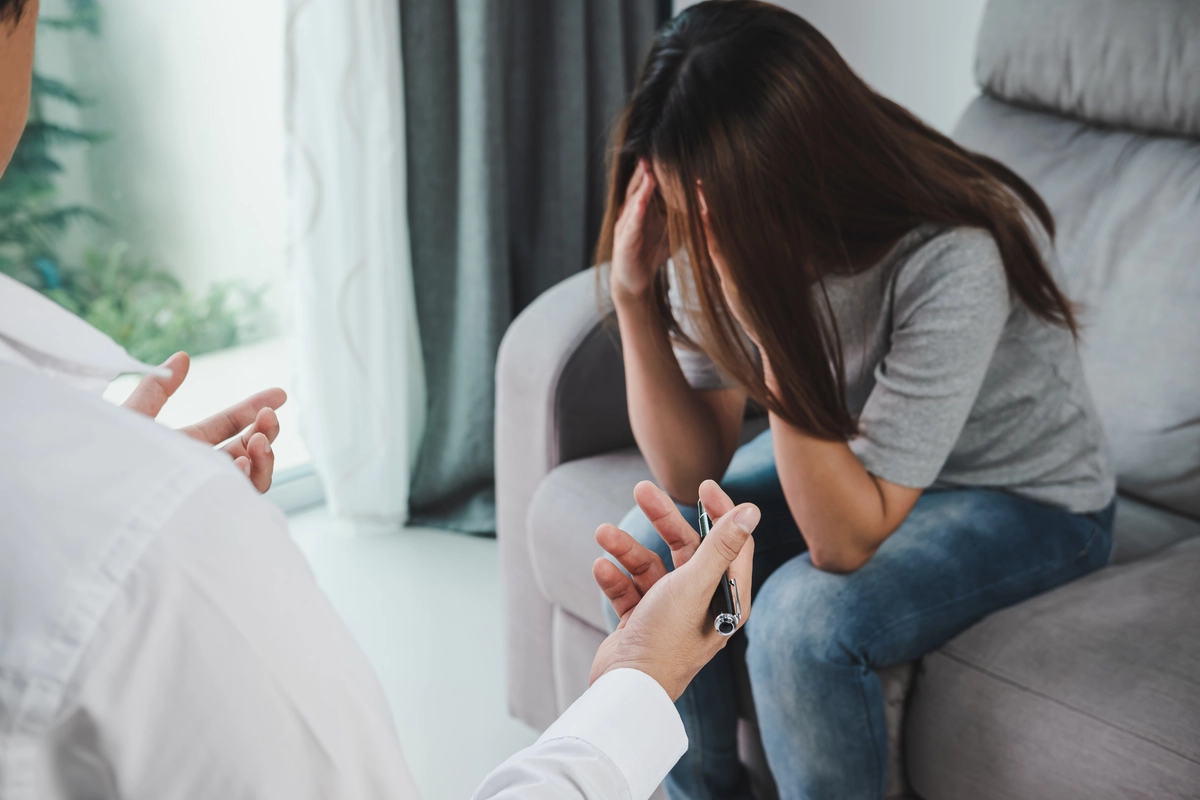24/7 Helpline:
(866) 899-111424/7 Helpline:
(866) 899-1114
Learn more about Codeine Rehab centers in Cherokee County

Other Insurance Options

Carleon

AllWell

BlueShield

Meritain

Health Net

BlueCross

UnitedHealth Group

CareSource

MVP Healthcare

Premera

Holman Group

Amerigroup

GEHA

MHNNet Behavioral Health

Access to Recovery (ATR) Voucher

Magellan

Anthem

Optum

Providence

Covered California

Northeastern Behavioral Health Services
Northeastern Behavioral Health Services is a public rehab located in Tahlequah, Oklahoma. Northeaste...

Creoks Mental Health Services
Creoks Mental Health Services is a private rehab located in Tahlequah, Oklahoma. Creoks Mental Healt...

Cherokee Nation – Behavioral Health Adult Clinic
The Behavioral Health Adult Clinic of Cherokee Nation is a co-occurring addiction treatment center i...














































Redefine U
Redefine U is a private rehab located in Tahlequah, Oklahoma. Redefine U specializes in the treatmen...

People
People Inc. is located in Tahlequah, Oklahoma. People Inc. provides quality community based, habilit...











































